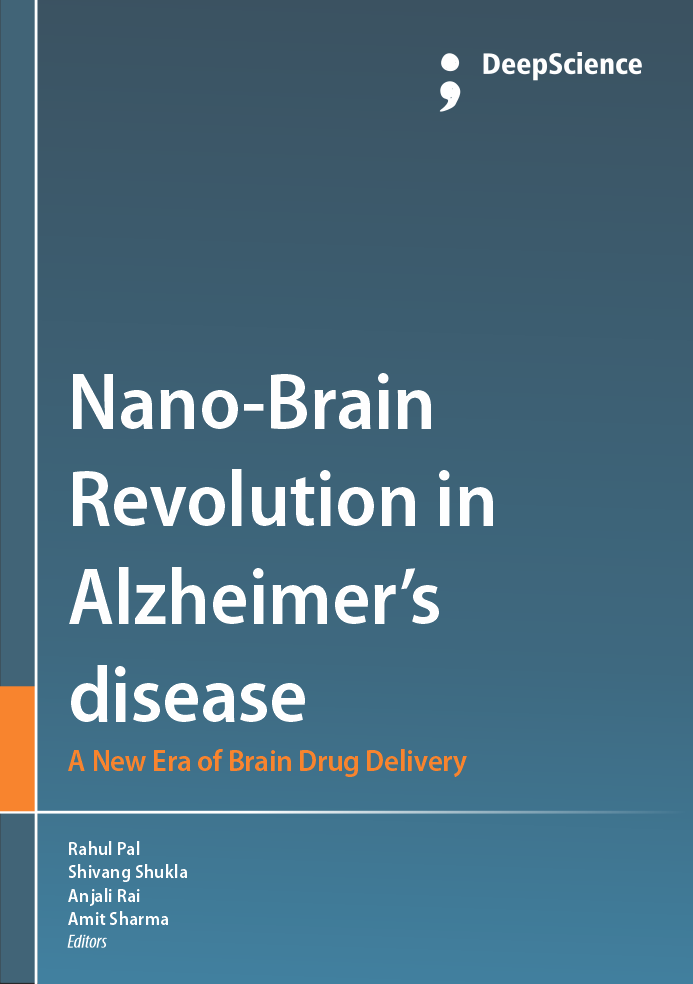Regulatory, Ethical and Current Status (Clinical trials & Patents) in Nano-Brain Drug Delivery
Synopsis
Nano-brain drug delivery systems provide improved precision and effectiveness in targeting the brain; however, they also bring forth significant issues related to regulation, ethics, clinical validation, and intellectual property. The emergence of nanotechnology in neuroscience has transformed drug delivery methods, especially in the treatment of intricate neurodegenerative diseases such as Alzheimer’s disease (AD). This chapter seeks to deliver a thorough overview of the existing regulatory frameworks, ethical considerations, and the changing landscape of clinical trials and patents associated with nano-brain drug delivery, as well as future directions in AD. The database has thoroughly explained and identified current regulatory policies from major agencies (FDA, EMA, and CDSCO), ethical guidelines, clinical trial registries, and patent databases. It aims to highlight global trends and inconsistencies observed over recent decades. Ethical dilemmas such as patient autonomy, neuroprivacy, and long-term safety are inadequately addressed in the current frameworks. While the quantity of clinical trials focused on nano-brain drug delivery is growing, they are still restricted in both quantity and breadth, highlighting translational obstacles. Patent activity in this field is on the rise, mainly driven by a limited number of academic and industry collaborators, yet it faces challenges due to the intricacy and novelty of nano-drug formulations. Nano-brain drug delivery holds considerable promise for Alzheimer's disease, and enhanced transparency, interdisciplinary cooperation, and proactive policy changes are essential to bridge the divide between innovation and patient accessibility.













